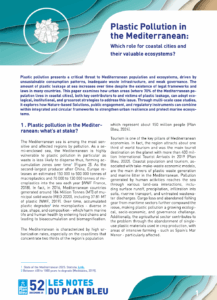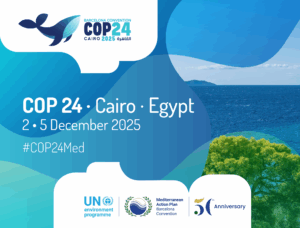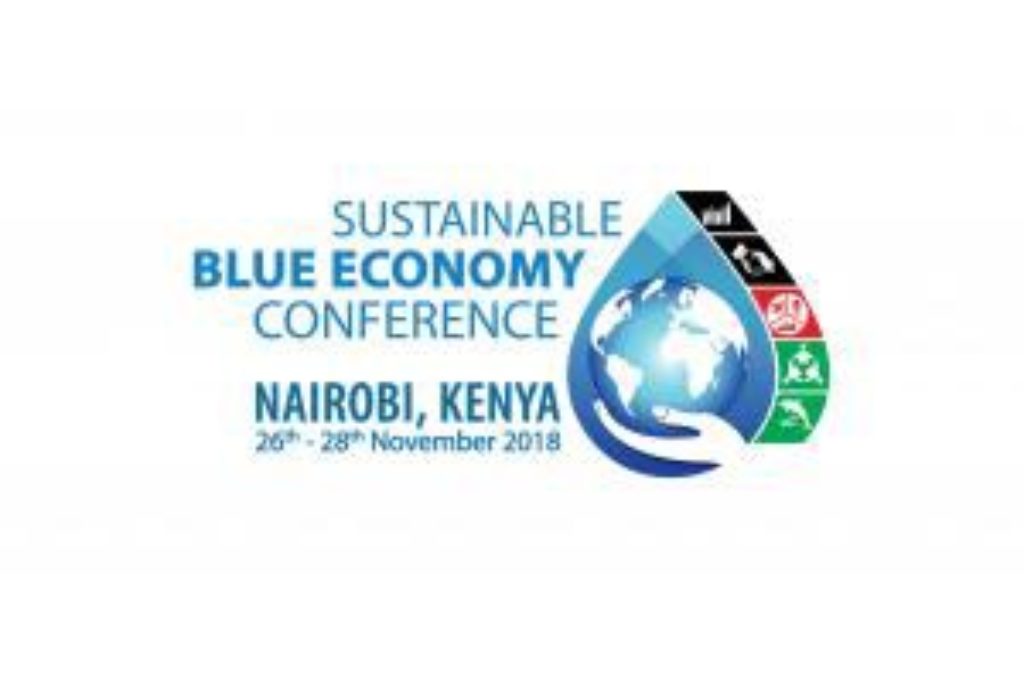The current and potential future value of the Mediterranean’s blue economy is immense. Only a collective commitment to sustainable development and a joint effort involving key actors will allow us to approach the challenge at the scale needed. The regional dimension of a sustainable and inclusive Blue Economy: the model of the Mediterranean
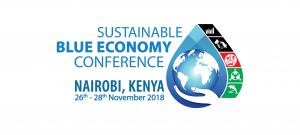 The current and potential future value of the Mediterranean’s blue economy is immense. Only a collective commitment to sustainable development and a joint effort involving key actors will allow us to approach the challenge at the scale needed.
The current and potential future value of the Mediterranean’s blue economy is immense. Only a collective commitment to sustainable development and a joint effort involving key actors will allow us to approach the challenge at the scale needed.
In the framework of the first global conference on Sustainable Blue Economy (Nairobi, Kenya, 26-28 November 2018), UN Environment/Mediterranean Action Plan (MAP), WWF Mediterranean Marine Initiative, Plan Bleu and the Secretariat of the Union for the Mediterranean (UfM) organize a joint side-event entitled ” The regional dimension of a Sustainable and Inclusive Blue Economy: the model of the Mediterranean: “. Held on 28 November 2018, from 09:00 to 11:00 in Kenyatta International Convention Centre (KICC – Tent C), the side event was opened by the Director of the Ecosystem Division, Ms. Monika Mac Devette, who also facilitated the discussion.
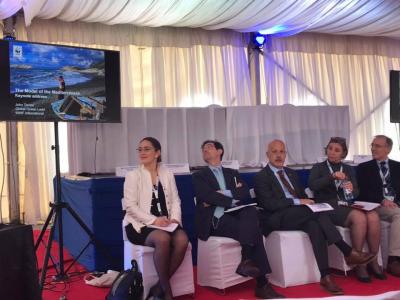 Presentations and discussions raised the following key points:
Presentations and discussions raised the following key points:
- Blue economy sectors are an important engine in the Mediterranean regional economy, with great potential for innovation and inclusive sustainable development. However, the challenges are great in political, social and environmental terms. It is of paramount importance to gather all economic sectors and concerned decision-makers, at all levels from regional to local, for building an economy that is inclusive, generates jobs/income opportunities, and supports development of coastal communities.
- There is a need to better know the consequences that the economic activities have on the Mediterranean resources and it is of paramount importance to address them fully. Tourism is by far the top economic marine sector in the Mediterranean basin, but the current model risks to compromise the value of the natural capital on which it is based. The fisheries sector is also very important in the region: small scale fisheries in particular represent a source of livelihood for coastal communities.
- There is a strong political will in the Mediterranean to drive the much-needed change in the development model of the region towards a more sustainable and inclusive one. While the Blue Economy is key for improving the livelihoods of the Mediterranean communities, it has to be regulated and controlled by an effective participatory governance given limitations that must be imposed to the ocean exploitation. This governance framework exists in the Mediterranean, where the institutional and legal basis are robust, in particular in the context of the Barcelona Convention for the Protection of the Marine Environment and the Coastal Region of the Mediterranean. The compliance and implementation however must be strengthened.
- Ecosystem-based (and participatory) approach, Integrated Coastal Zone Management (ICZM) and Marine Spatial Planning are very important tools to foster an Inclusive and Sustainable Blue Economy. The Mediterranean countries adopted in 2008 the ICZM Protocol that needs to be fully ratified and implemented regionally. Partnership is key.
- Partnership is key. Partnerships between intergovernmental organizations such as UN Environment/Mediterranean Action Plan and the Union for the Mediterranean, as well as with Regional Fisheries Management Organizations (FAO-General Fisheries Commission for the Mediterranean) and NGOs such as WWF. As an illustration, there is a strong converge of priorities between the organizations gathered in the side event. Partnership with private and financial sector (businesses, banks) is also crucial for achieving a real Blue Economy. The construction of multi-stakeholder synergies and active collaborations across the Mediterranean are strongly needed.
- The regional dimension of Blue Economy is key for the Mediterranean basin: this is the dimension in which the sustainable development goals of the 2030 Agenda translate into action at national and local level. For this reason, cooperation among partners working at all levels is a priority.






